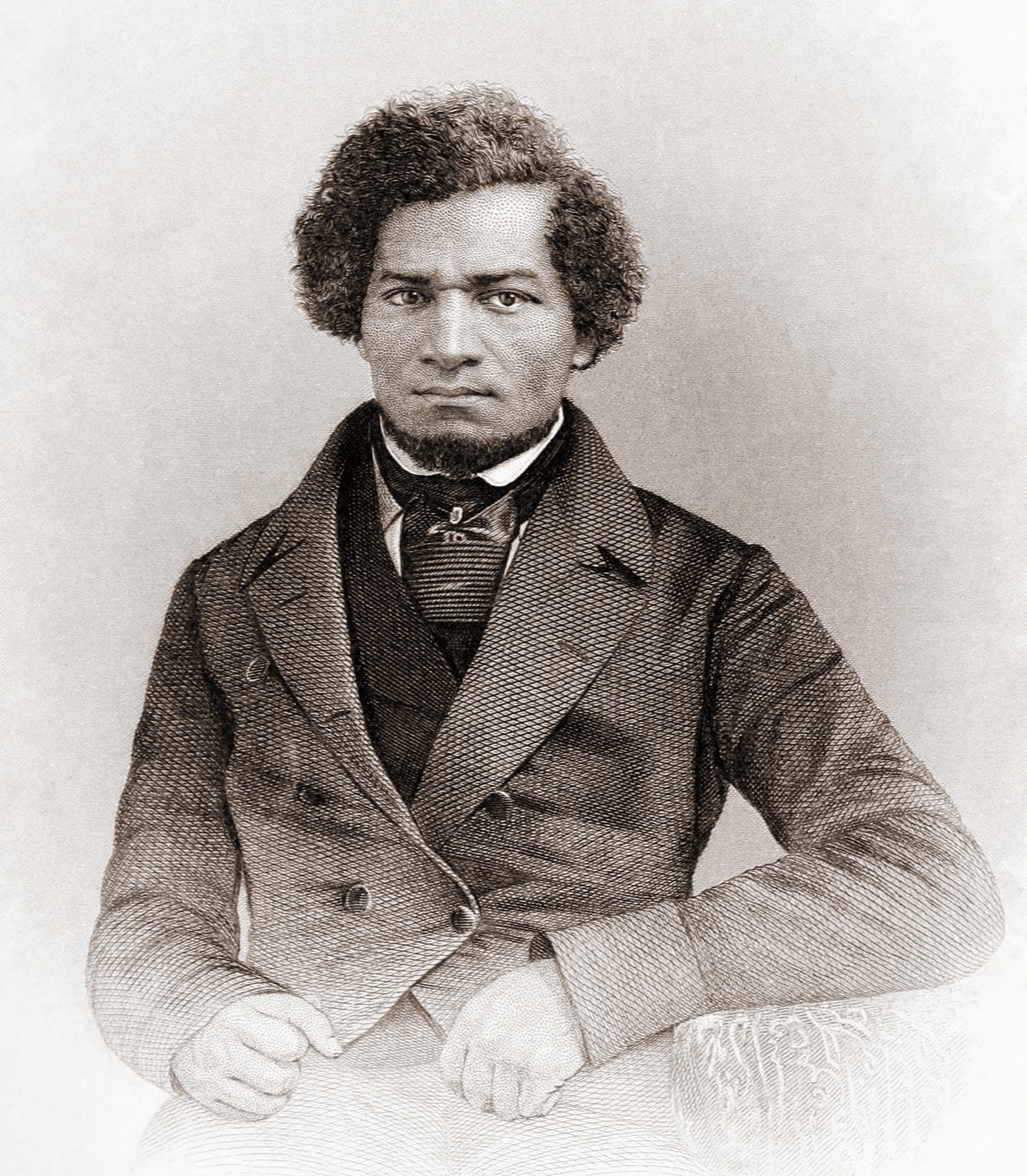As part of a university project, I’m researching the experiences of Frederick Douglass in Britain. I chose to study Douglass because he a personal hero of mine. All it took was to read his infamous speech, “What to the Slave is the 4th July?” and I was mesmerised. Reading his earlier work in Britain further convinced me of his eloquence and beautiful oratory, his strong and often simple language resulting in a challenge to the very definition of ‘American’ liberty.
 Douglass is a prominent figure in American history, and is probably one of the most famous African American activists. A former slave, Douglass fled his hometown in Maryland and settled in Massachusetts, teaching himself to read and write in the process. In 1841, he was cajoled into speaking at an anti-slavery convention, and from that date until his death in 1895, he spent his life campaigning on behalf of the slave, the free black population after the Civil War, and women’s suffrage. His British experience is not covered in mainstream American or British history, a shame since his experience not only shows that anti-slavery remained active in Britain in the 1840’s, but also because Douglass learned much from his trip here. He arrived in Liverpool in 1845 for a nineteen-month journey, lecturing across England, Ireland and Scotland on slavery. His aim, in his own words, was to:
Douglass is a prominent figure in American history, and is probably one of the most famous African American activists. A former slave, Douglass fled his hometown in Maryland and settled in Massachusetts, teaching himself to read and write in the process. In 1841, he was cajoled into speaking at an anti-slavery convention, and from that date until his death in 1895, he spent his life campaigning on behalf of the slave, the free black population after the Civil War, and women’s suffrage. His British experience is not covered in mainstream American or British history, a shame since his experience not only shows that anti-slavery remained active in Britain in the 1840’s, but also because Douglass learned much from his trip here. He arrived in Liverpool in 1845 for a nineteen-month journey, lecturing across England, Ireland and Scotland on slavery. His aim, in his own words, was to:“…expose slavery in this country because to expose it is to kill it. Slavery is one of those monsters of darkness to whom the light of truth is death...[we must] tear off the mask from this abominable system to expose it to the light of heaven, aye, to the heat of the sun, that it may burn and wither it out of existence… I want the slaveholder surrounded, by a wall of anti-slavery fire, so that he may see the condemnation of himself and his system glaring down in letters of light.” (May 22nd 1846)
He exposed the curious meaning of liberty in the United States, stating that:
“…of all nations on the face of the globe, America stood forth self-convicted of being the most hypocritical; for where was there a nation on the earth that made such a boast of liberty as she? On every coin, from the cent to the dollar, was stamped “liberty”, on every star-spangled banner was the liberty-cap; and on the return of each anniversary of her independence, the war of every cannon and the sound of every “church-going bell” greeted a nation proud of its freedom…” (“American Slavery is America’s Disgrace”, Sheffield, England 25 March 1847)
Douglass aroused much support during his trip – abolitionists were not on the fringe of society as in America. However, the majority of the population in Britain believed that their work with slavery had been completed, despite the fact that Britain continued to make a profit from slave-grown produce, and in parts of India slavery continued to exist. In the end, Douglass’s British sojourn had more of an impact on him – he returned to the United States more independent and confidant, but more importantly, he returned free. British friends wrote to his former master, and paid for his release from slavery. Douglass’s journey serves to remind us that abolitionists waged a transatlantic crusade against slavery, one that should not be forgotten.
More on Douglass to come soon!
No comments:
Post a Comment